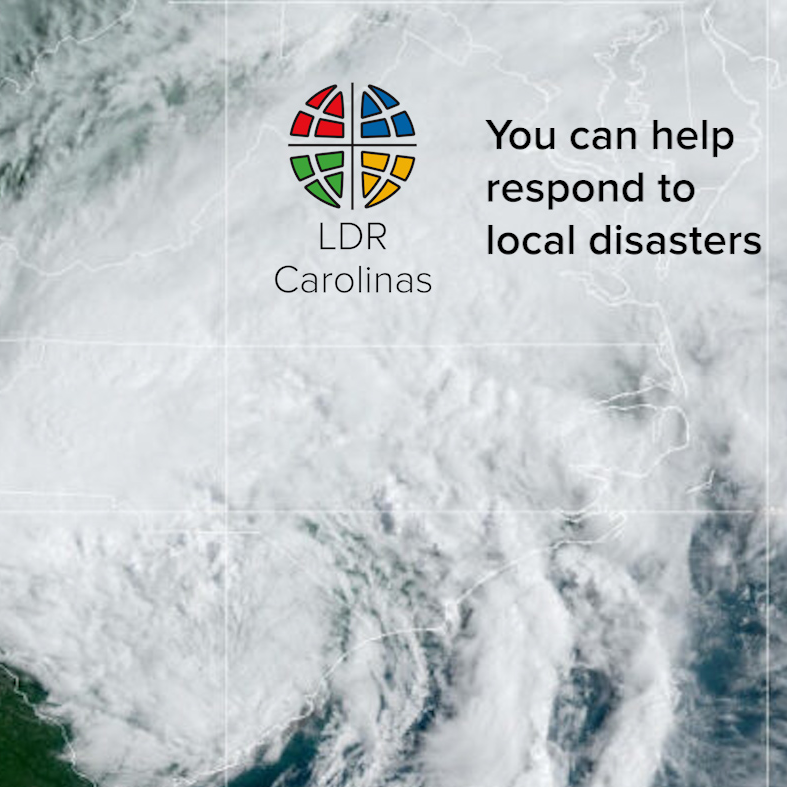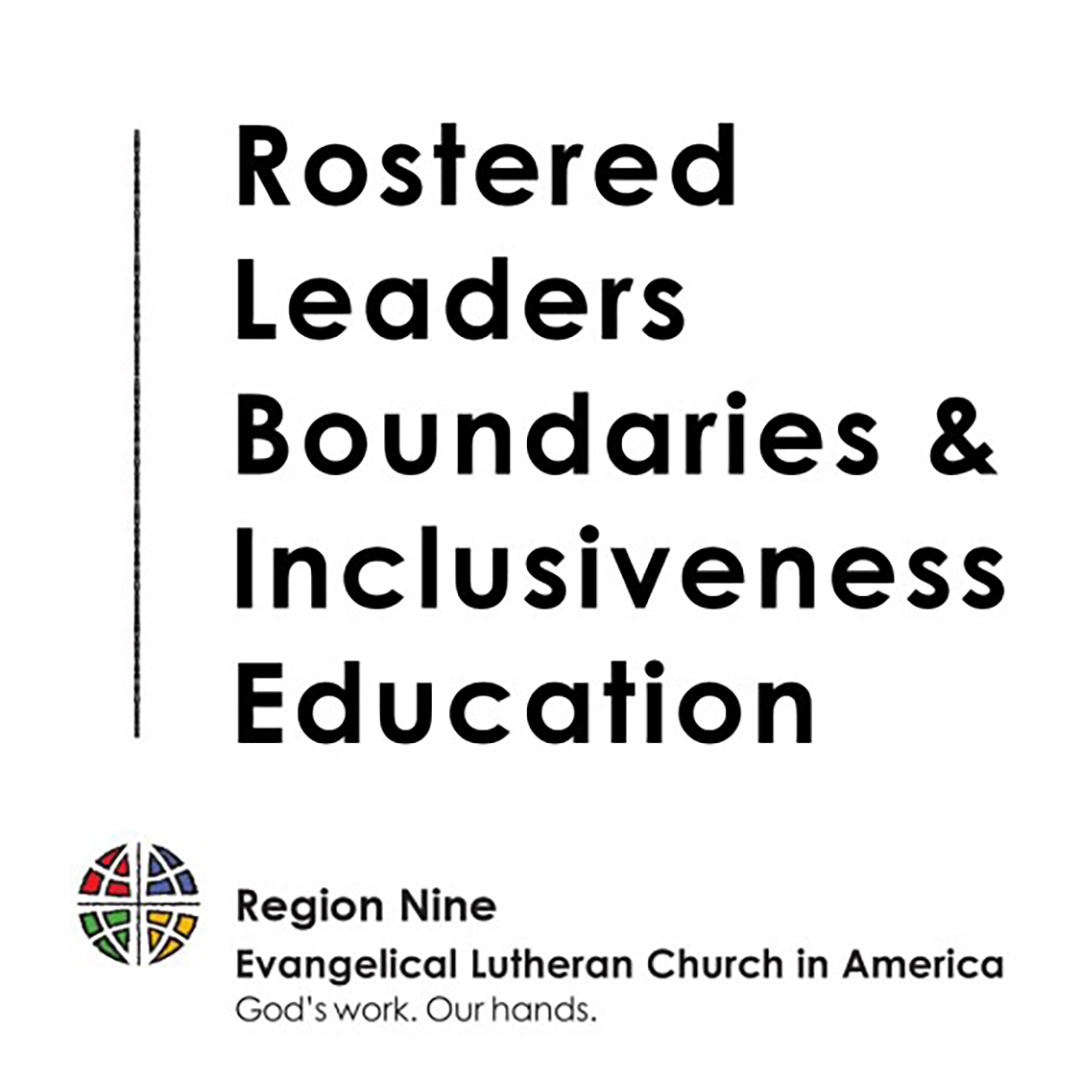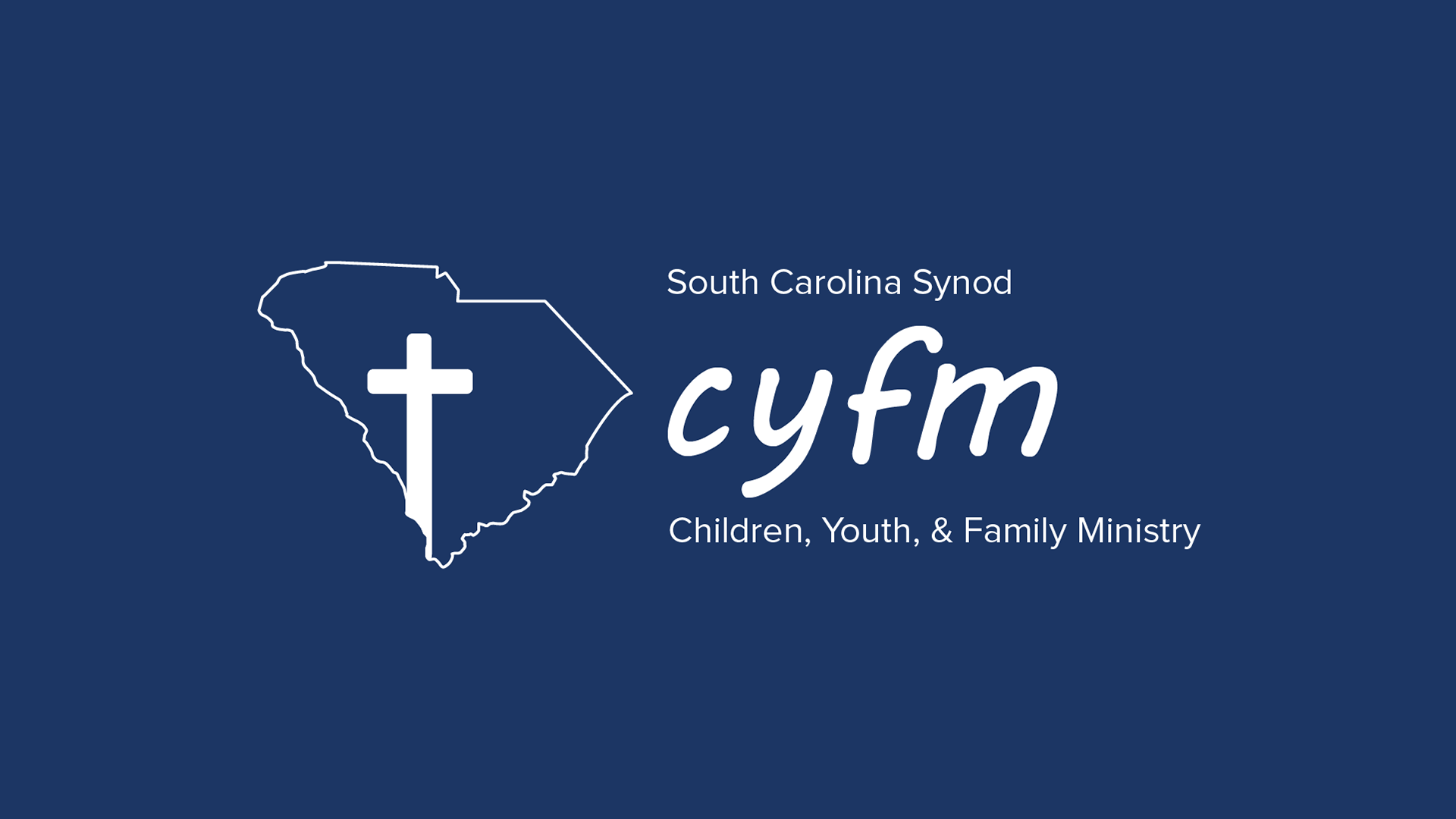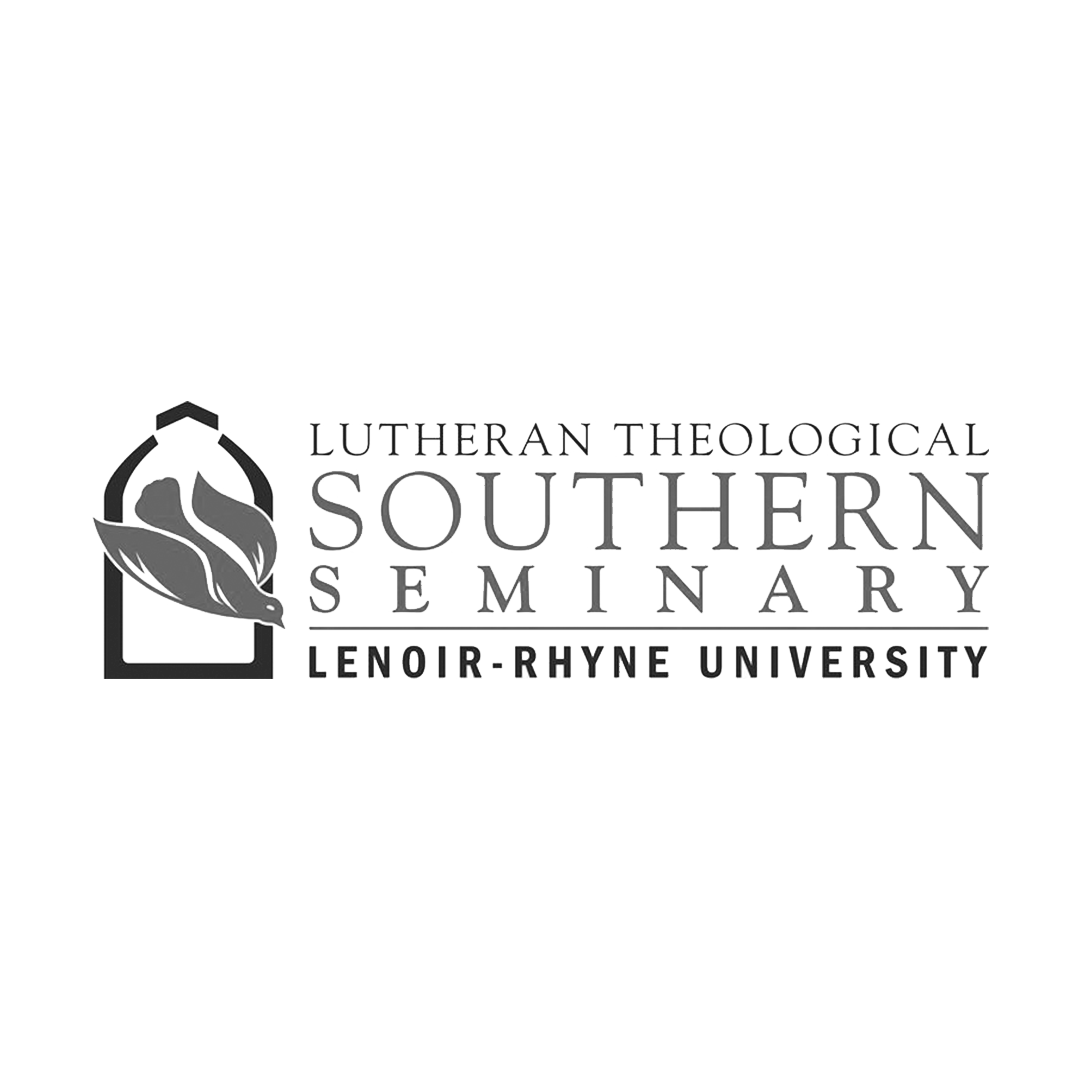By The Rev. Rebecca Wicker
When we think of social outreach, we often think of feeding the hungry, providing clothing for those in need, and finding safe spaces for those without shelter. But what happens if we address the root causes of the circumstances? Can we do more to ensure our brothers and sisters have a chance at future stability, not just crisis intervention? Our churches involved with justice ministry lift up for the entire South Carolina Synod a way of thinking about our ministries that calls for not just merciful ministry in the moment, but a future paved with justice.
Organizations such as C.A.J.M (Charleston Area Justice Ministry), M.O.R.E Justice (Midlands Organized Response for Equity and Justice), and G.O.A.L (Greenville Organized for Accountable Leadership live into the call of Micah 6:8, “He has told you, O mortal, what is good; and what does the Lord require of you but to do justice, and to love kindness, and to walk humbly with your God?” Many congregations take on wonderful efforts of mercy ministry, addressing needs as they occur. This work is needed and greatly appreciated. But what if we could work for a future where mercy ministry was no longer needed (or at least needed much less) because community leaders and people of faith worked together to carve out paths by which systemic oppression could be eradicated? What if there was no need for homeless shelters in a city because the root causes of homelessness could be addressed? This is the kind of future that justice ministries in the South Carolina Synod dream of, hope for, and work towards.
Their work is grounded in scripture, informed by community conversation, and brought forward to community leaders along with concrete goals and deliverables. For example, M.O.R.E Justice of Columbia discovered that police officers were sorely undertrained when encountering individuals who were experiencing mental health crises. This meant that people in crisis were often arrested and did not receive the care they needed. So M.O.R.E Justice worked with city officials and police to provide Crisis Intervention Training for all police officers so that they could provide a better, more compassionate, response to those in need. From inspiration to action, the work of justice ministries is grounded in relationship, community, and openness to where the Holy Spirit calls us to make systemic change in order for our neighbors to stand with us side by side.













